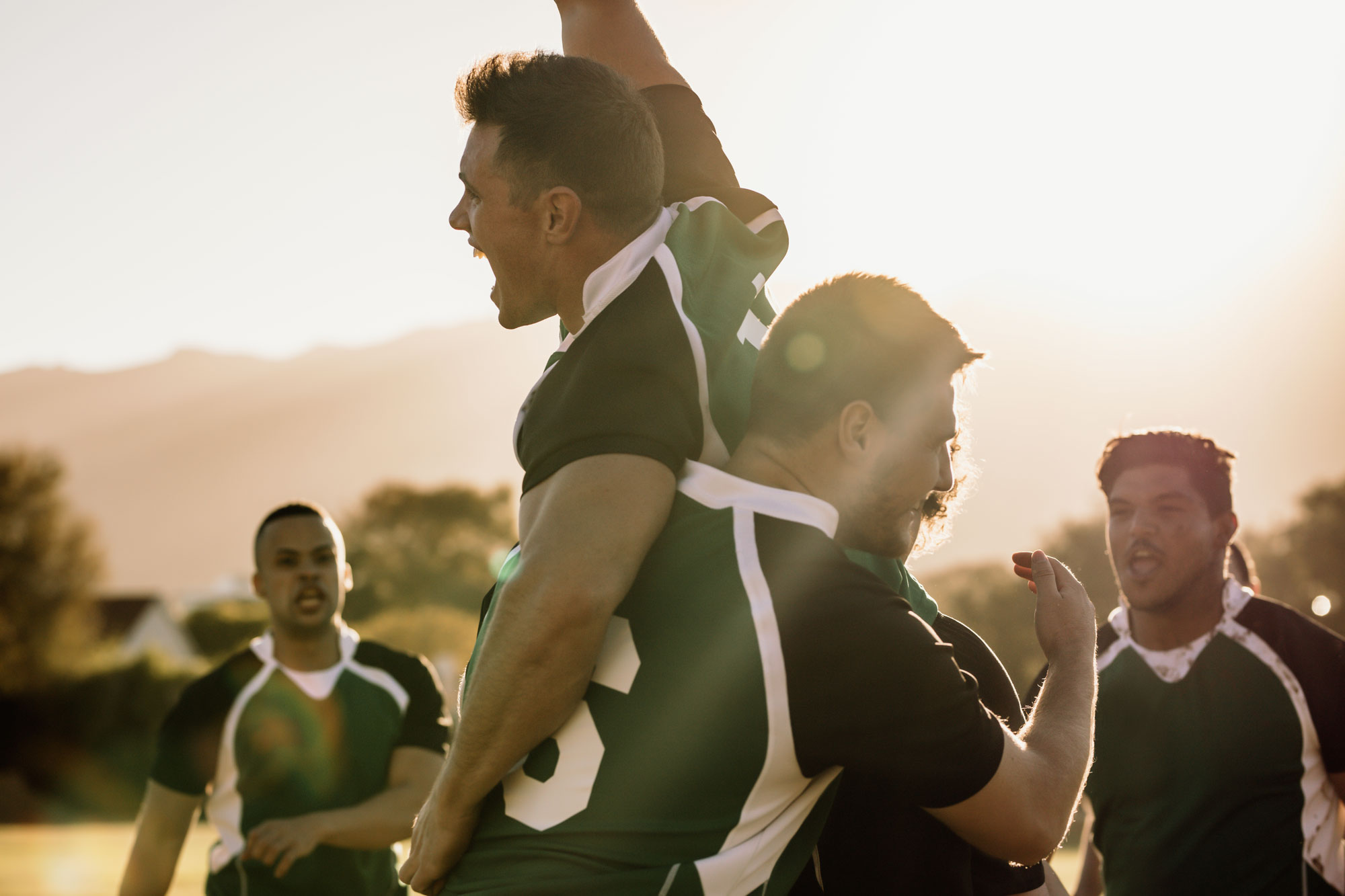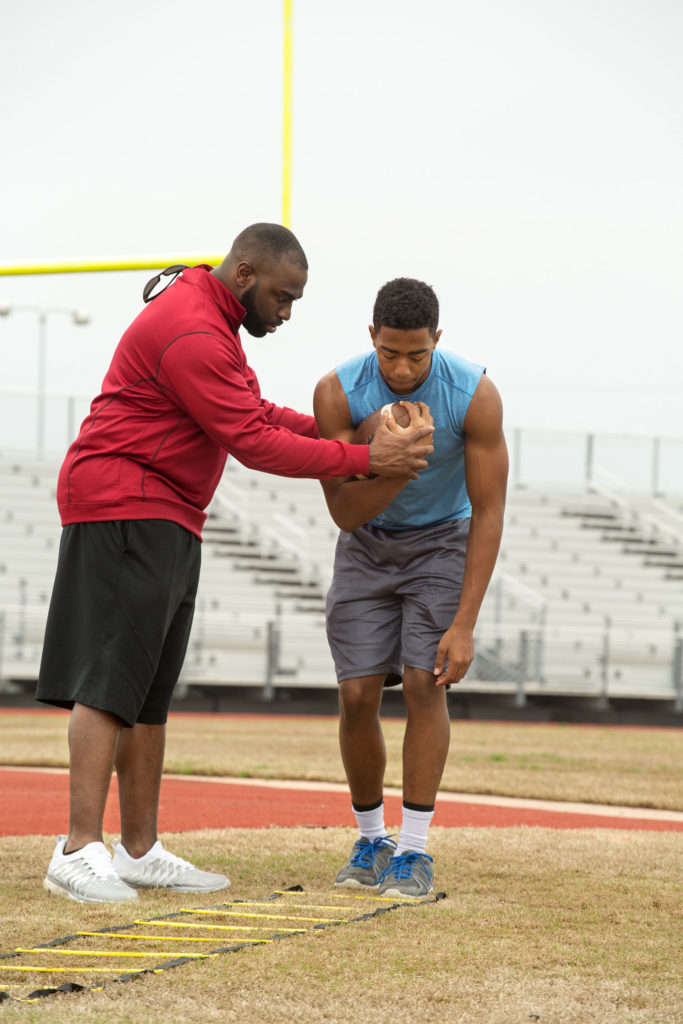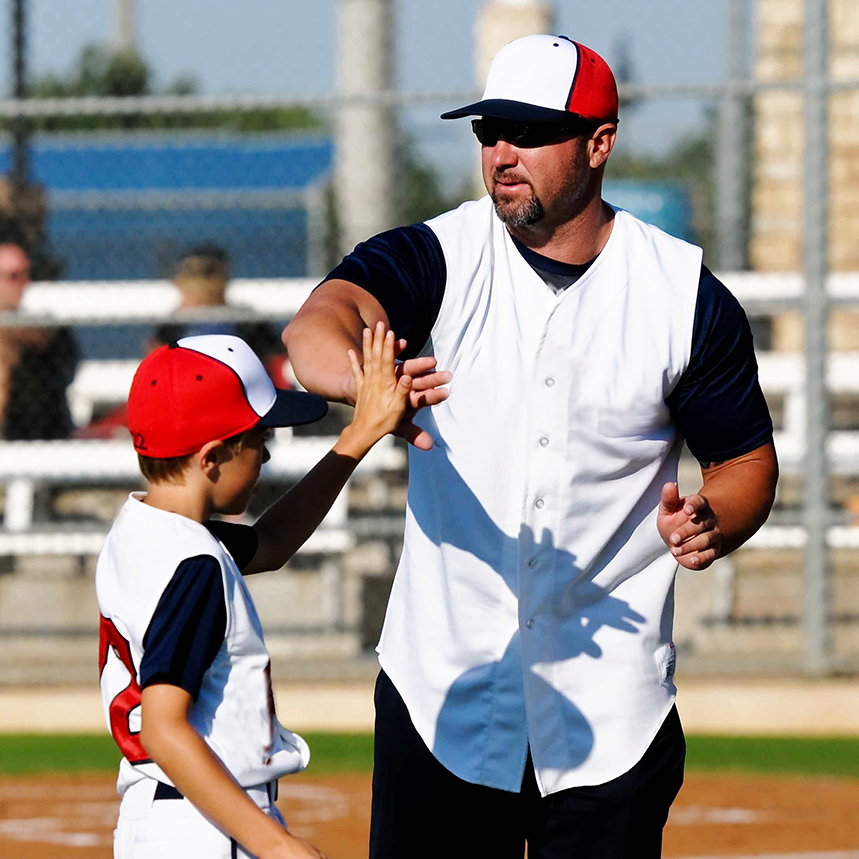Every performer strives to be their best. And while all are familiar with the physical side of performance, the most important part of performance is often forgotten or overlooked.
- Our team
- Dr. Justin Anderson
- Dr. Carlin Anderson
- Dr. Adam Gallenberg
- Dr. Jaimie Rubin
- Dr. Ben Merkling
- Dr. Janet Finlayson
- Dr. Phil Imholte
- Dr. Matthew Mikesell
- Dr. Harlan Austin
- Dr. Chrissy Holm Haider
- Dr. Kirbi Kidd
- Dr. Lauren Zimmerman
- Alexandra Wulbecker-Smith, MA, M.ED. LPCC
- Carlos Coto, MA
- Luis Torres, M.ED.
- Eiron Sanchez, MSW
- Nate Penz, MA, LPCC
- Mckenzie Bromback, MSc
- Cathy Winter, MA
- Services
- Media
- Resources
- Client Portal
- Contact us




